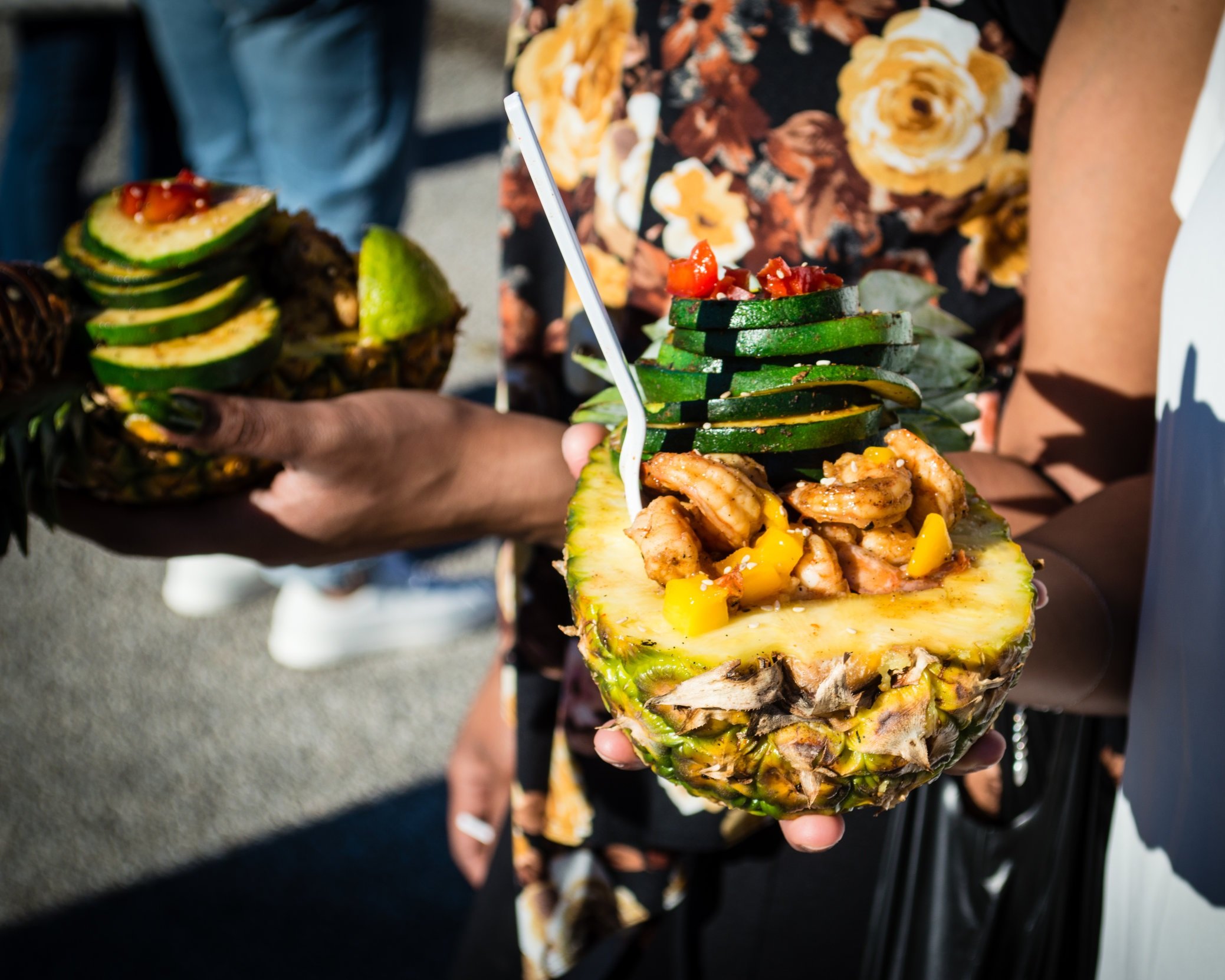#NotMyIndepedenceDay

How much do you know about the history of Texas Independence Day? You may be familiar with the names of Sam Houston, Stephen F. Austin, Jim Bowie, and William Travis — these men are notable figures who symbolized the driving forces which led The Republic of Texas to victory.
From October 1835 to April 1836, The Texas Revolution carried out seven brutal months of war. Mexican dictator, Santa Anna, led his army against Texas colonists during the battle for Texas to gain independence from Mexico. You may not have known that many enslaved and free Black people joined forces with both the Texan and Mexican opposing sides during the war —one of them being a Black man named Joe, the courageous leader and slave to William Travis. Joe stood fearlessly alongside Texas soldiers from the beginning of their stand until their defeat at the Alamo. He was one of the only adult males amongst the Texas army that survived the battle. Joe was captured and taken before the Mexican Army to give his account of the events that had taken place. He was eventually taken back to Travis’s estate, where he, not long after, escaped seeking his freedom. Thanks to Joe, Texas has a history to tell today.
There were many other “Joe’s” who invisibly stood frontline in both Texas and general American history. It’s no secret that Black men and women have always played pivotal roles in our nation’s timeline. Despite the support of numerous Black contributions, in the state of Texas alone, the number of slaves steadily increased fivefold by 1845. In 1840, Congress outlawed the immigration of free Blacks into Texas. Free Blacks could no longer stay in Texas without the fear of being thrown back into the shackles of bondage they had already managed to escape. The declaration of Texas independence on March 2, 1836 was not a declaration of freedom for all men. That freedom granted limited liberations; not for equality, but for the acquisition of power and white supremacy. This type of privilege has terrorized the Black experience for centuries, 400 years and counting.
So, what were Black people able to claim during the fight for Texas independence? Truthfully, nothing. It was never reserved for the Black advantage; Blacks in Texas wouldn’t receive their form of independence until the official emancipation of enslaved people on June 19, 1865, or as some may know it, Juneteenth.
Today, it’s quite certain that life for Black people looks drastically different than it did centuries ago. I guess when put into the simplest perspective, we have come a long way in certain regards. Our Black ancestors came to these forbidden lands in chains, bled for their freedom, and then went on to live through the preceding Jim Crow Era. In our present day, Black people are still undeniably being oppressed by the long-running consequences of racialized brutality. Formal racial integration, nor the warm “welcoming” of Black people into traditionally white spaces, is progressive enough. It’s hard to see progress when Black people are still dying at the hands of law enforcement; Black people get harassed walking the streets of their neighborhoods; Black children are scrutinized before they’re old enough to recognize how they stand out among their peers. Black people continue to live their lives walking on eggshells; always unsure of how the presence of their Blackness will be perceived by the next person.
Though we have been released from the physical shackles of iron chains and forced labor, the mental state of being Black in the deep south still leaves one burning question: Are we truly free?
This is modern-day Texas; a mega-state where many of its residents have never shied away from advertising their confederate “heritage.” This southern heritage remains a notable symbol of the shameless act of white men claiming ownership over Black human beings. It’s facile for some to suggest that Black people can simply move past the hurdles we’ve fought to overcome in our history. After all, every living Black person in America today has experienced life as a true freeman, right? So, why do the realities of Black history continue to hide behind the shadows of western comfortability?
When I think of Texas Independence day, I can’t say that I relate to the joy, patriotism, and pride that's shared between my white Texan counterparts. There’s no way for us to get in where we were never intended to fit in. I can’t really tell anyone what they should or shouldn’t celebrate — if you happen to take up an offer for a celebratory burger and a couple of beers on March 2nd, that is your prerogative. However, much like July 4th, it's somewhat like getting a last minute invite to a dinner party — where’s the joy in being an afterthought? I think Black people have wondered the same thing for far too long.
The Black Texas Team works diligently to bring our audience valuable and insightful content from perspective you can trust. These may include press releases, sponsored content, or links that we may earn commission from through your support.





